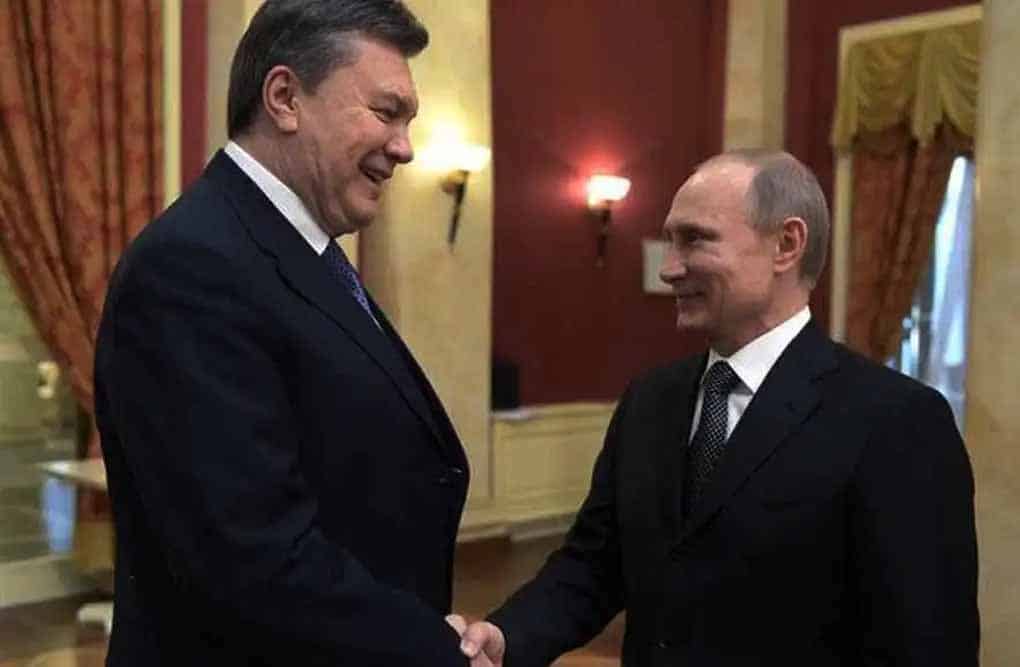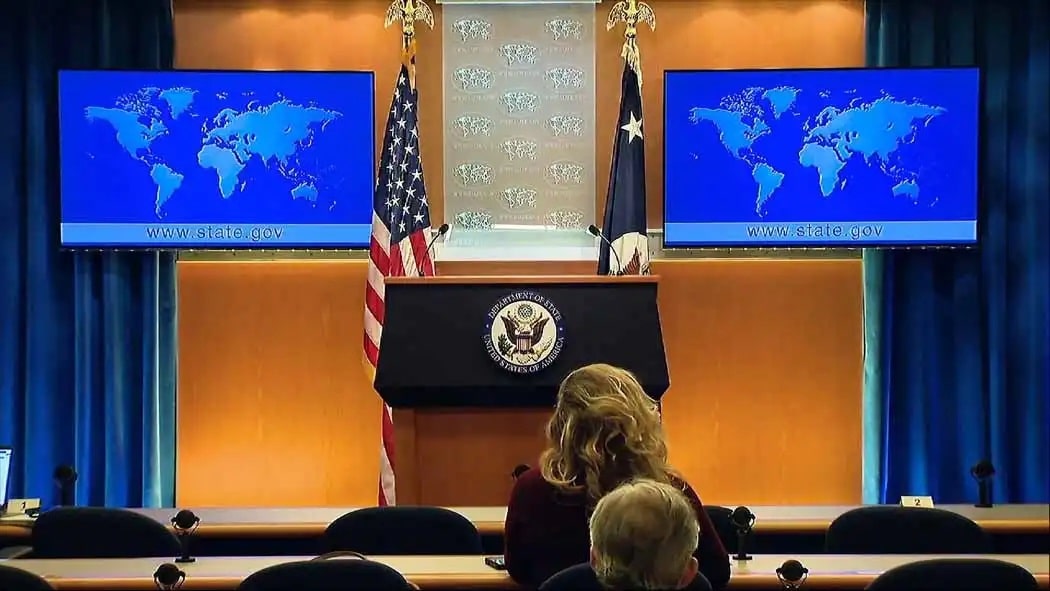Latest Russia declares war on Ukraine 2022
This article is about the ongoing war between Russia-Ukraine 2022. Currently, Russian forces have reached the outskirts of Kyiv and imposed an amphibious invasion from the Sea of Azov near Mariupol a day after striking Ukraine from three sides on a huge scale. In the capital air, explosions and heavy gunfire were heard in a number of districts, as Russian military vehicles came from the northwest.
Related Posts
Table of Contents
Background and Recent Developments
The crisis in Ukraine was initiated in November 2013 with protests in the capital city of Kyiv against Ukrainian President Viktor Yanukovych’s decision to refuse a deal for greater economic integration with the European Union. The strike by state security forces unintentionally made an even greater number of protesters widen the conflict. In February 2014, President Yanukovych escaped the country.
In early 2014, the armed conflict in Ukraine first quickly transitioned to a protracted stalemate, with regular skirmishes and shelling happening along the controlled border regions of Russian- and Ukrainian-in the east. Since February 24, 2022, Russia initiated a full-scale military invasion into Ukraine, causing tens of thousands of Ukrainians to move to the closest countries and affecting over one hundred civilian victims.

Hence, the troops of neighbors countries, including Poland, a NATO, offer casualties assistance. In October 2021, Russia started carrying troops and military vessels around its border with Ukraine, re-engaging a potential invasion crisis. From December 2021, social media posts revealed the movement of heavy weaponry moving toward Ukraine for no official reason. By U.S. intelligence officials in 2019, the variation of more than one hundred thousand Russian troops near the Russia-Ukraine border may be planning an invasion for early 2022.
In mid-December 2021, Russia’s foreign ministry called the United States and the North Atlantic Treaty Organization (NATO) to stop any military activity in Eastern Europe and Central Asia, block Ukraine from attending NATO in the future, and perform against more NATO expansion toward Russia. Other NATO allies and The United States rejected these demands and alerted Russia to inflict extreme economic barriers if Russia swarmed Ukraine.
In early February 2022, U.S. President Joe Biden’s commanded about three thousand U.S. troops to post to Romania and Poland —NATO countries that border Ukraine—to take care against counter Russian troops. However, the conference between Russia, the United States, and European powers—did not come out in a resolution. At the same time, Russia declared a statement declaring to expand on a specific number of troops.

In late February 2022, the United States alerted that Russia planned to intrude on Ukraine, citing an increasing number of Russian troops at the border with Ukraine.
Russian President Vladimir Putin then called for more troops to separatist regions in Eastern Ukraine’ Donetsk and Luhansk’, protesting the troops fitted a “peacekeeping” operation. The United States reacted by imposing boycotts on the Donetsk and Luhansk regions and the Nord Stream 2 gas pipeline a few days later.
During a United Nations Security Council meeting to prevent Russia from attacking Ukraine, Putin disclosed the opening of a full-scale sea, land, and air attack of Ukraine targeting Ukrainian military cities across the country. Biden announced this attack “unprovoked and unjustified,” and the United Nations, EU, G7, and other countries started to rebuke Russian actions and profess to react.
Concerns
The current conflict has severely weakened U.S.-Russia linkages and raised the risk of a broader European conflict. Tensions are likely to expand between Russia and nearby NATO member countries that would likely concern the United States due to alliance security commitments. Furthermore, the conflict in Ukraine will have wider complications, especially for U.S.-China relations, and for future cooperation on critical issues like cybersecurity, arms control, energy security, nuclear nonproliferation, political solutions, and counter-terrorism in Libya, Syria, and elsewhere.